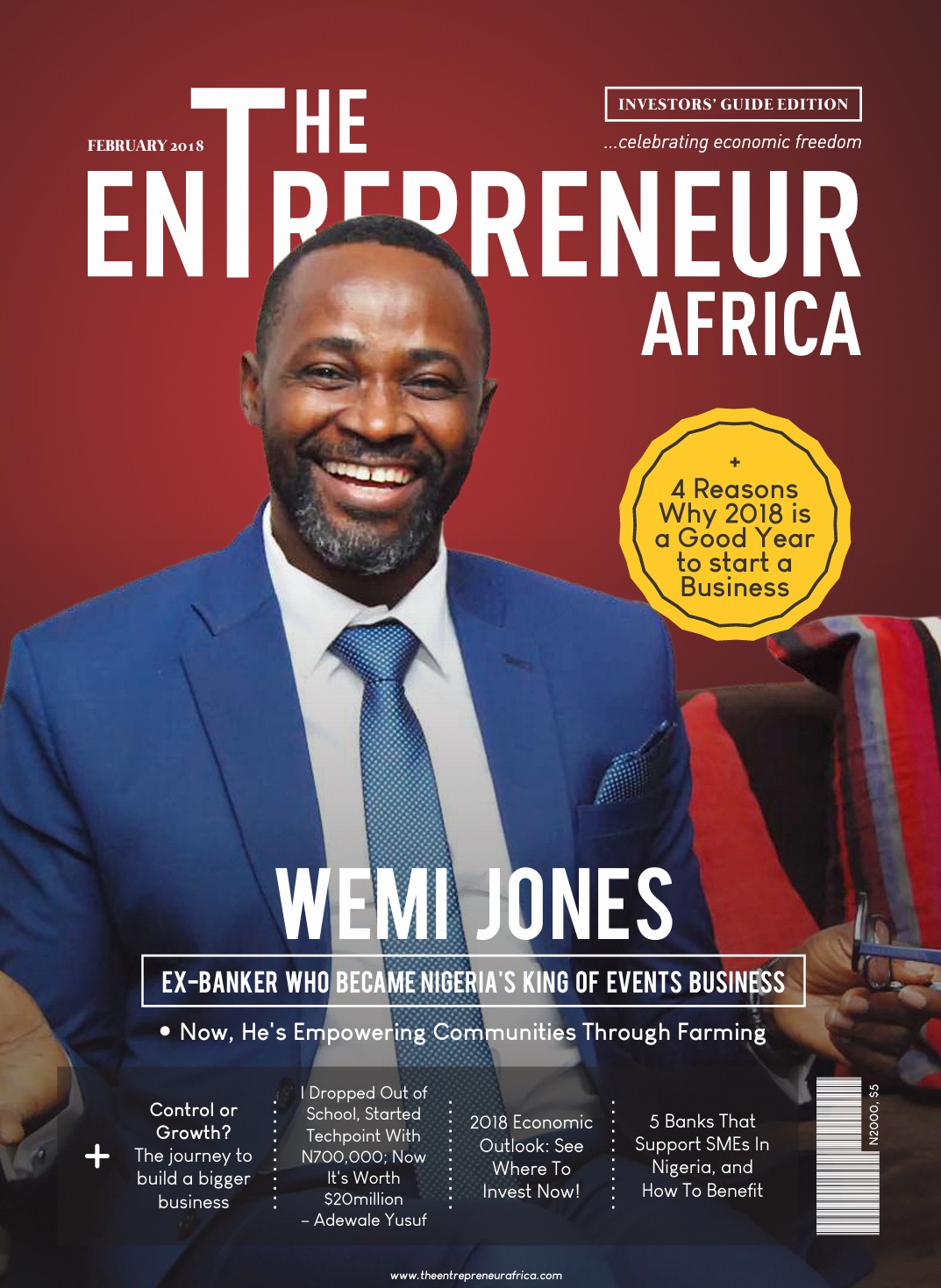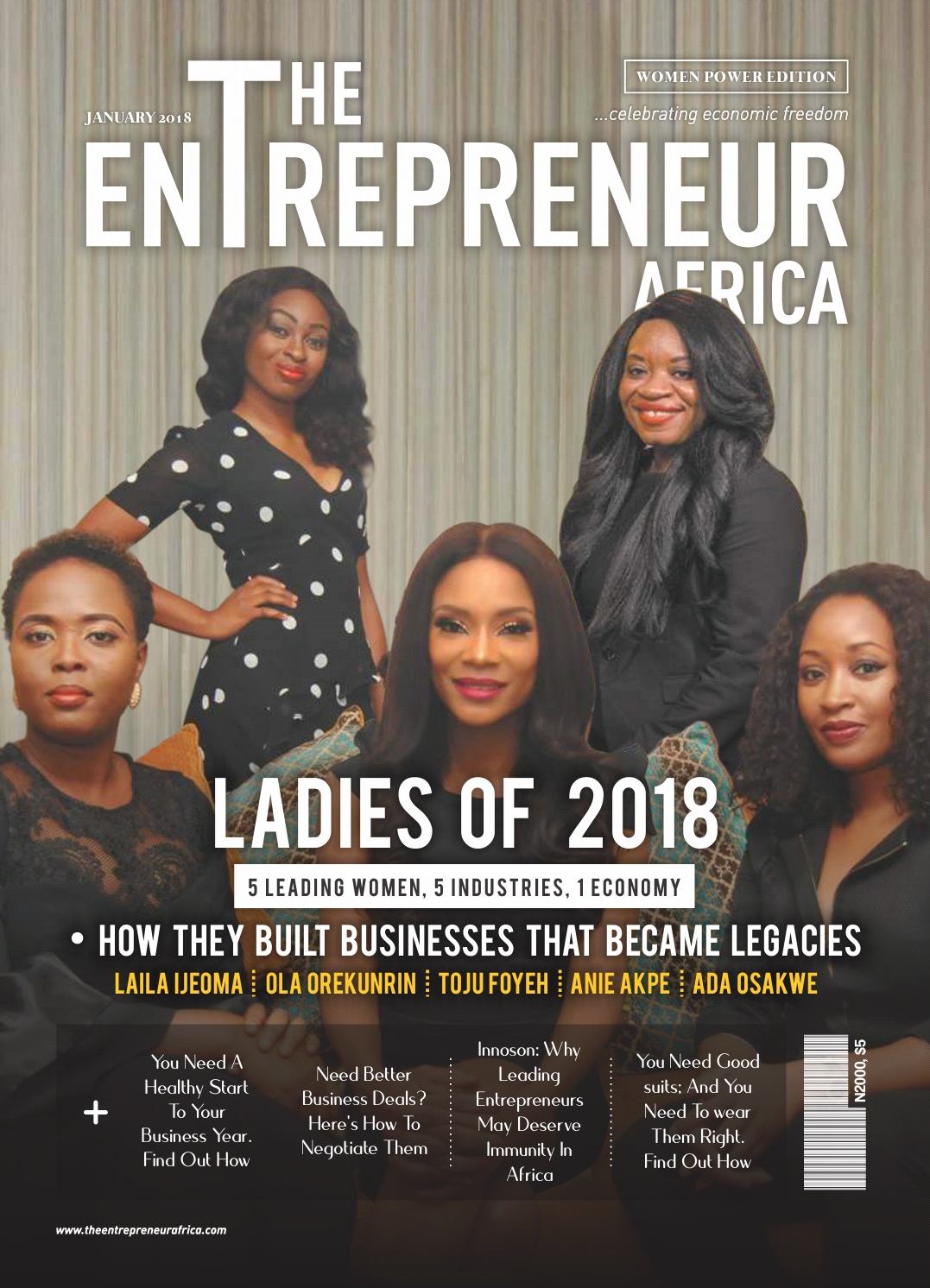
The BackEnd explores the product development process in African tech. We take you into the minds of those who conceived, designed and built the product; highlighting product uniqueness, user behaviour assumptions and challenges during the product cycle
In its 2020 African tech startups funding report, Disrupt Africa identifies 99 fintech companies across 11 countries that raised some form of external funding from investors.
While the list includes fairly established startups like Flutterwave, the majority are new ventures with some receiving funding barely six months after launching operations in 2020.
Most of these startups have been allowed to build in peace with little inquiry. Building and growing any product in Africa takes time, and fintech is one of the ultimate hard-knock challenges.
But in 2021, the intensity of scrutiny about these startups and their value proposition to users will increase.
This style of scrutiny is good. Africa’s tech ecosystem is drawing more interest from industry leaders around the world. Paystack’s landmark sale increased consciousness that Africans can build for the world.
As such, the hunt for new companies with Paystack’s potential requires us to examine the emerging class of fintech companies. We need to understand what they are pitching to immediate users and their potential for global reach.
Out of the list of 99 companies, we present four categories of products that we hope to dive into their backends over the coming months. Each category lists three products to watch and relevant questions to ask.
These are not the absolute best (fintech) startups in Africa at the moment. But aspects of their product and user segment stir curiosity about their purpose and Africa’s fintech trajectory.
Fara Jituboh-Ashiru was on practically every fintech Africa panel in 2020 and earned a Forbes cover.
She’s the CEO and CTO of Okra, the Nigerian startup that helps individuals to connect their bank accounts to lending and banking apps, and serves businesses by facilitating services like Direct Debits.
The startup lists Access bank, Interswitch, and uLesson among its list of “hundreds” of businesses using their platform. An impressive feat for a startup that has intentionally stayed under the radar.
Mono and OnePipe are two other startups in the bank connector business. Mono helps businesses access customer accounts for data and payments, while OnePipe focuses on connecting banks to other banks and fintech products.
Like Okra, Mono has also pitched direct debit integration to businesses. One of Mono’s distinct products is helping businesses collect bank statements from customers.
Unlike these two, OnePipe is a strictly business solution; like its name suggests, it wants to build a unified channel for banks and financial institutions to exchange data. Will it become the private sector organisation to make a commercial case for open banking in Nigeria?
Monzo, Starling, N26 and Revolut lead the global rise of challenger banks who are valued for building digital-only, modern solutions. In Africa, a few candidates have joined the race.
Umba is seeking to push the envelope in Kenya and Nigeria. It launched with the promise of free bank accounts, free and easy money transfers, cashback on all transactions.
It sounds similar to the model also being used by another Nigerian digital-only bank, but is free banking sustainable?

Eversend joins the debate from Uganda. It defines itself as a “multi-currency e-wallet” that allows holders to send and receive money to mobile money and bank accounts everywhere.
Last July, CEO Stone Atwine said his goal is to build a “one-stop-shop for financial services” not just a money transfer service. That demands experimentation with products that intersect across sectors, a challenge Atwine is relishing.
Unlike Eversend, Sola Akindolu’s Brass is not aiming to be a digital bank, yet. The startup is a current account provider and growth partner for Nigerian SMEs. The accounts are backed by First City Monument Bank, a Nigerian bank, and are insured.
Businesses who sign up with Brass get a Mastercard debit card and receive growth analytics tools to help entrepreneurs with their performance reviews. In Akindolu’s words, Brass’s pitch is to help SMEs “handle their money and make it work for them.” Sounds like the job banks set out to do some years ago. What’s changed?
Speaking of banks relinquishing roles, a host of fintech startups are taking over the part of the financial sector that deals with retail lending.
It’s not really a 2020 trend; before CARMA, Pngme and Indicina, there was Migo which has extended its presence to Brazil. But these three companies foretell an increase in credit infrastructure builders in Africa.
CARMA, a Kenya-based startup, unabashedly claims to be “the world’s first credit data marketplace” and is positioning to fill the credit bureau gap in Africa. It joins the race in Nigeria where formal sector credit penetration as a ratio of the adult population in Nigeria was below 5.3% as of 2017.
Pngme and Indicina have similar Africa ambitions for credit: credit modelling, loan origination, KYC, and disbursement. While it’s good to see this burst in competition, I wonder if these companies will get in each other’s way
Two of the biggest African fintech acquisitions in 2020 involved payments companies. MFS Africa, Beyonic, and Paystack waved the banner of Africa’s maturing payments ecosystem to the world, and we are proud of them.
But payments, as an African problem, will hardly be solved by one or two companies considering the fragmentation of markets. Solutions from various corners of the continent are needed.
A number of startups are answering the call.
Chipper Cash launched in 2018 and has extended its peer-to-peer mobile payments services to reach 7 countries. Chipper’s pitch of free transfers has invited questions about how they make money.
Chipper Checkout seems to be the answer to that; they want to follow Paypal’s playbook of using a fee-based merchant-focused product to support cross-border transactions. How has that worked out so far?
In Morocco, OnePay launched in the first quarter of 2020 to enable digital payments for offline and online businesses. Ghana’s ZeePay is setting up as an all-in-one financial services hub; the Interswitch or MFS Africa of Ghana if you like.
They are plotting an expansion to South Africa and Rwanda if they can raise $10m.
There we have it: the top 12 startups to pay attention to in 2021. Be sure to check often for extended reviews on each of these and more. What first impressions have they made on you in terms of usefulness and usability?
















Add comment